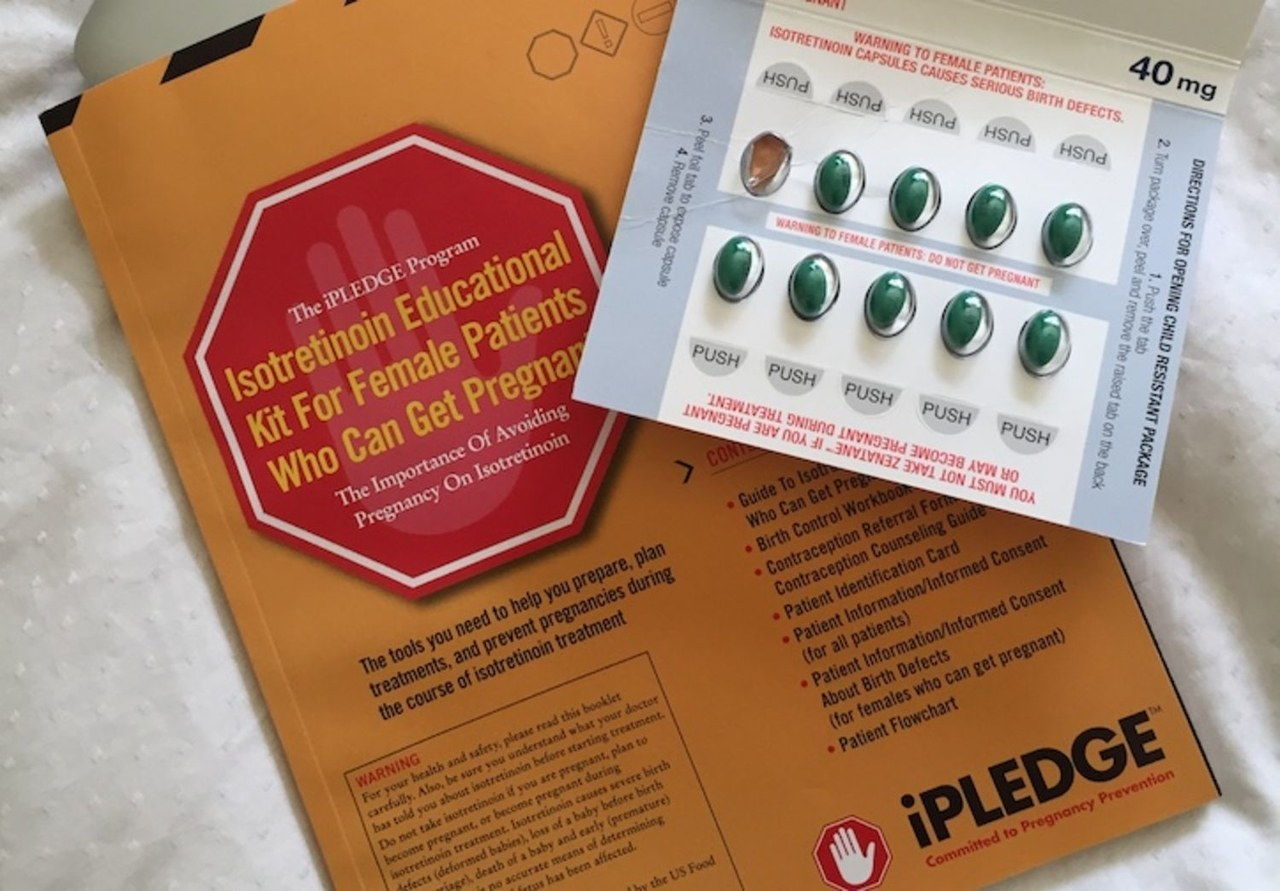Is Accutane Still the Answer to Acne Problems?
You likely have two thoughts when you hear the name Accutane: “Isn’t that a scary drug” and “Does that stuff still exist?” Unless, of course, you’re one of the people using it. If you thought Accutane disappeared, it turns out it’s still here, and it’s still the top prescription to fight severe acne.

“If someone has severe scarring acne, it is still the gold standard, meaning after all these years no company has manufactured a safer, better alternative,” says dermatologist Richard Mizuguchi, M.D. of Manhattan Dermatology and Cosmetic Surgery. “It has been out long enough now that a lot of parents who have used it are requesting it for their children.”
There’s also a reason you might have thought it wasn’t around anymore. Technically, the brand Accutane isn’t, at least not in the United States, but there are still generic forms of it that exist.
“It is basically the same as tretinoin in a pill form and has shown in studies to have the same beneficial effects as tretinoin,” says Dr. Mizuguchi.
Plus, it has other skin-care benefits besides acne control.
“Accutane is most effective in treating problems related to oil glands like acne, rosacea, seborrheic dermatitis, etc.,” says dermatologist Zein Obagi, M.D. “It has proved to have benefits in many other medical conditions like psoriasis, sun damage, and in reversing some aging changes.”
But Accutane still comes with the side effects that got people worried about it in the first place. The full treatment takes about four to five months, and in that time, there’s a chance you’ll experience headaches, muscle aches, and severe dryness. There have also been claims it can cause depression and suicide, though both dermatologists we spoke with say there isn’t conclusive evidence of it.
“Its usage requires a strict protocol—no pregnancy during prescription and for one more month after stopping it, and a person must be healthy and mentally stable,” says Dr. Obagi.
And while he and other dermatologists now prescribe smaller dosages of the drug, all patients have to follow the iPledge Guidelines when they’re on it. This includes monthly checkups with your dermatologist and a vow not to be pregnant when you start the prescription or to get pregnant while you’re on it.
“Many of us have heard scary stories about Accutane having bad side effects,” says Dr. Mizuguchi. “Should we be worried about using it? I think with the implementation of new regulations like iPledge, where we have to see our patients monthly and monitor closely, it should be pretty safe.”

